Nos efforts vers la durabilité
La durabilité est au cœur de tout ce que nous faisons. Lorsque nous avons commencé à travailler dans l’industrie de la mode, nous avons rapidement réalisé à quel point cela était nocif pour notre environnement. Nous avons décidé d’étudier et d’approfondir le fonctionnement de l’entreprise et la façon dont les choses sont créées et éliminées. Depuis, nous nous sommes fixés pour objectif d'être aussi durables que possible avec notre marque. C'est pourquoi nous nous approvisionnons auprès des meilleurs matériaux et usines pour nos produits intemporels. Chaque article que nous fabriquons est rigoureusement testé pour son confort et sa durabilité, et nous recherchons constamment de nouvelles façons d'innover et de nous améliorer.
Nos pratiques durables
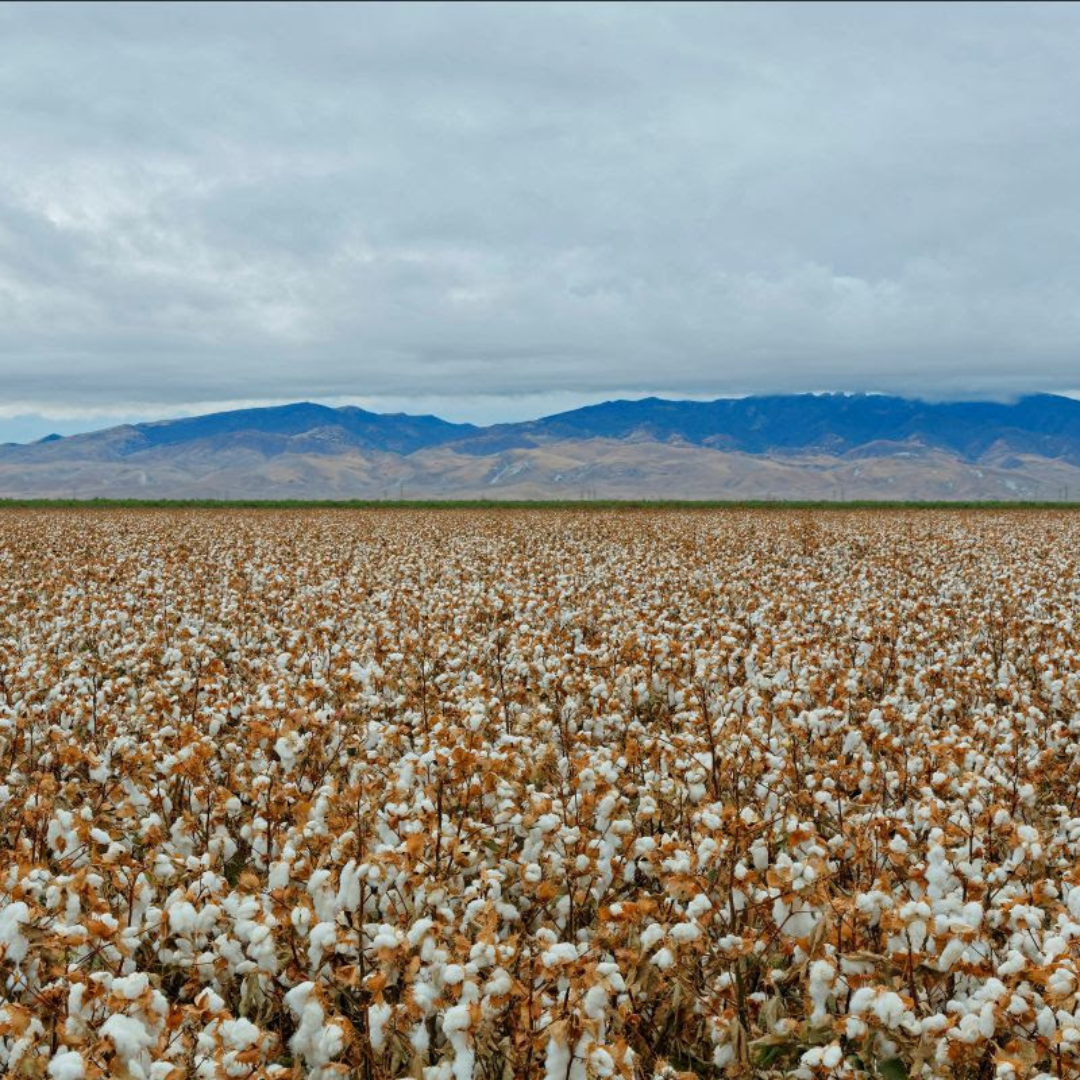
Organique
La certification GOTS (Global Organic Textile Standard) est une norme internationalement reconnue pour les fibres biologiques. Les vêtements certifiés GOTS sont fabriqués à partir de matériaux végétaux comme le coton et le lin, cultivés sans pesticides ni engrais nocifs. La norme vise à définir des exigences pour garantir le statut biologique des textiles, depuis la récolte des matières premières, la fabrication écologiquement et socialement responsable jusqu'à l'étiquetage qui fournit une assurance crédible au consommateur final.
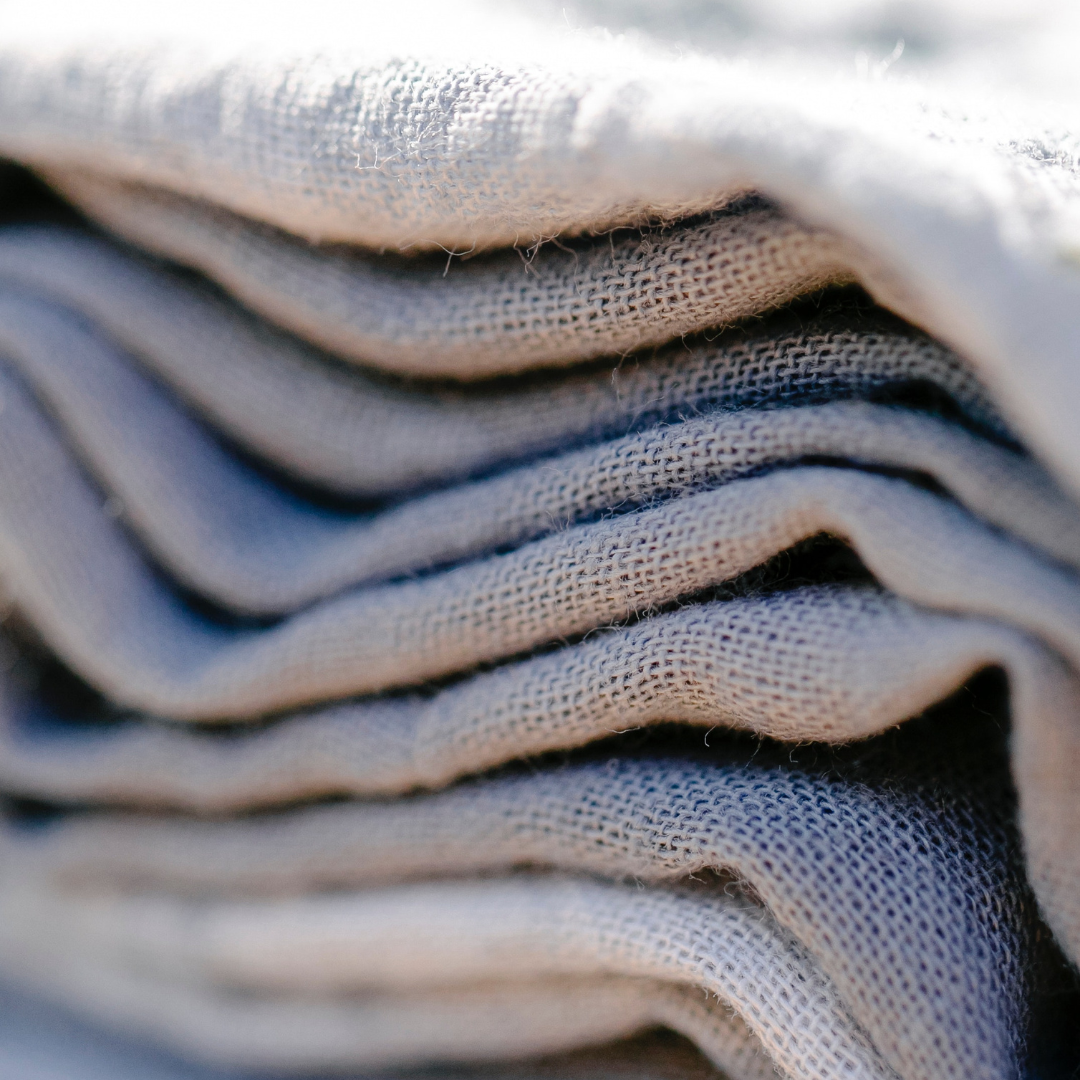
OEKO-TEX 100
OEKO-TEX 100 : OEKO-TEX 100 est l'un des labels les plus connus au monde pour les textiles testés pour les substances nocives. La certification garantit qu'un produit donné ne contient pas de substances nocives – produits chimiques comme les pesticides, les métaux lourds, le formaldéhyde et les tensioactifs indésirables qui peuvent être nocifs pour l'environnement ou pour votre santé.
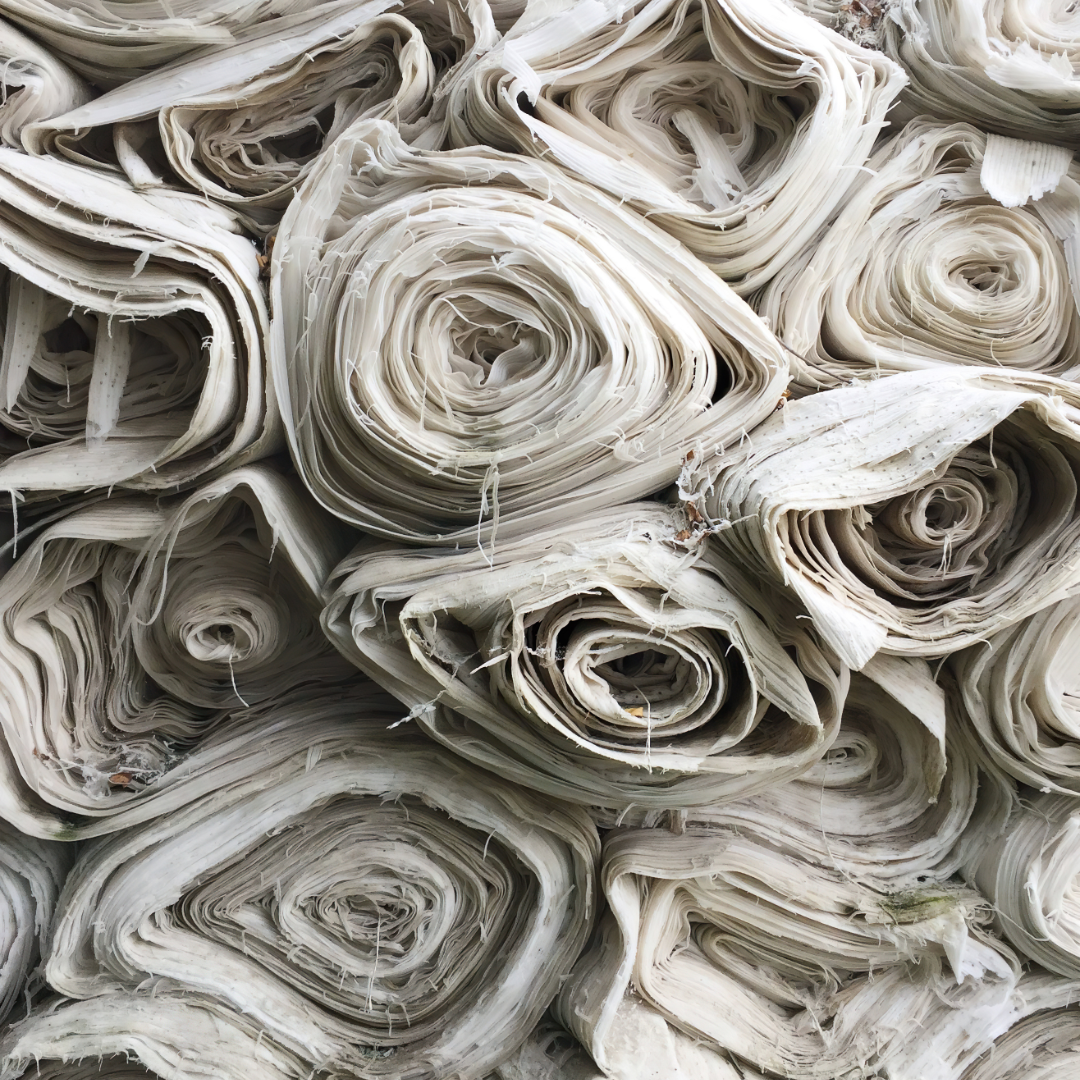
FORESTERIE RESPONSABLE
Les tissus fabriqués avec des fibres de bois renouvelables provenant de forêts gérées durablement ont un impact environnemental moindre. Le Tencel™, également connu sous le nom de Lyocell, est une fibre de cellulose fabriquée à partir de pulpe d'arbres à croissance rapide, le plus souvent d'eucalyptus ou de hêtre. Le Tencel utilise beaucoup moins d'eau et d'énergie lors de sa fabrication que le coton, et comme il est si absorbant, il utilise également beaucoup moins de colorant que les autres textiles.
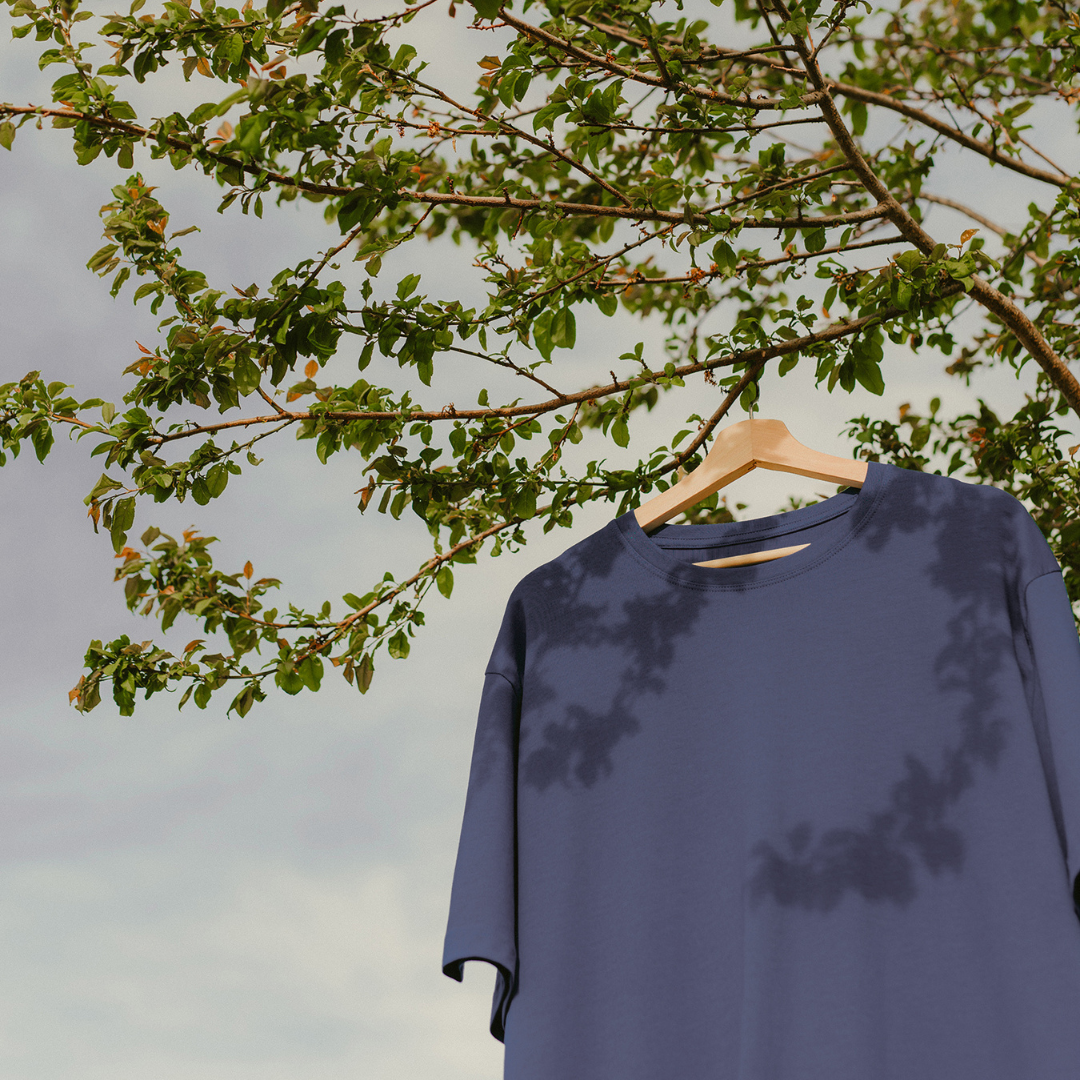
RECYCLÉ
Réduire Réutiliser et Recycler. Nos installations de fabrication ne produisent presque aucune décharge car nous recyclons presque tout ce qui ne peut pas être transformé en t-shirt. Nous avons optimisé nos découpes pour réduire l'utilisation de plastique, et l'excédent de tissu est recyclé dans un certain nombre de choses comme des bavoirs pour bébé ou du rembourrage pour les tissus d'ameublement.
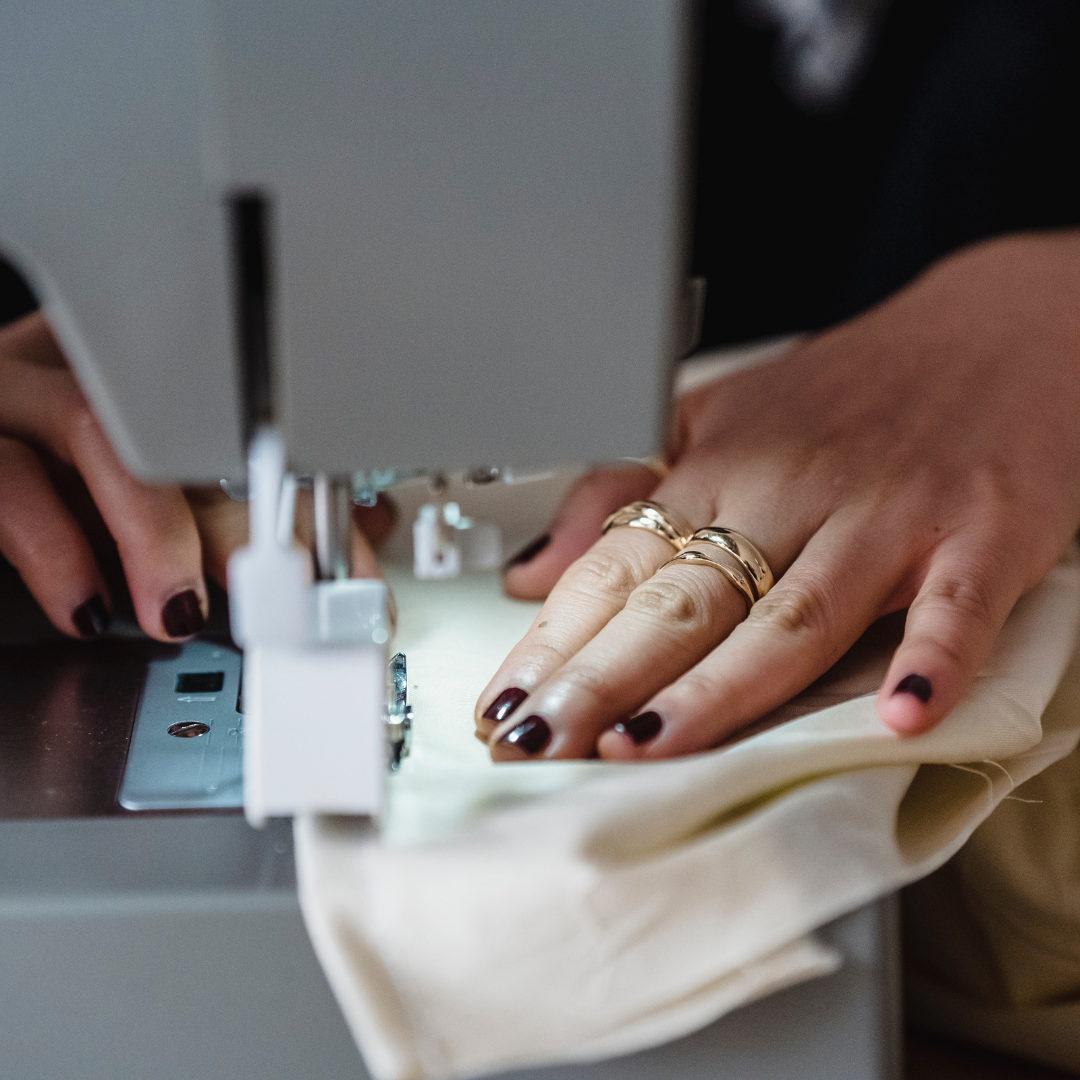
SUR DEMANDE
Zayline à la demande est notre initiative pour réduire notre empreinte carbone. Tous les produits de notre programme Zayline à la demande sont créés à partir de zéro lors de leur commande. En règle générale, ces produits sont fabriqués en une semaine ou moins. Cela élimine toute surproduction qui entraînerait le gaspillage de vêtements.
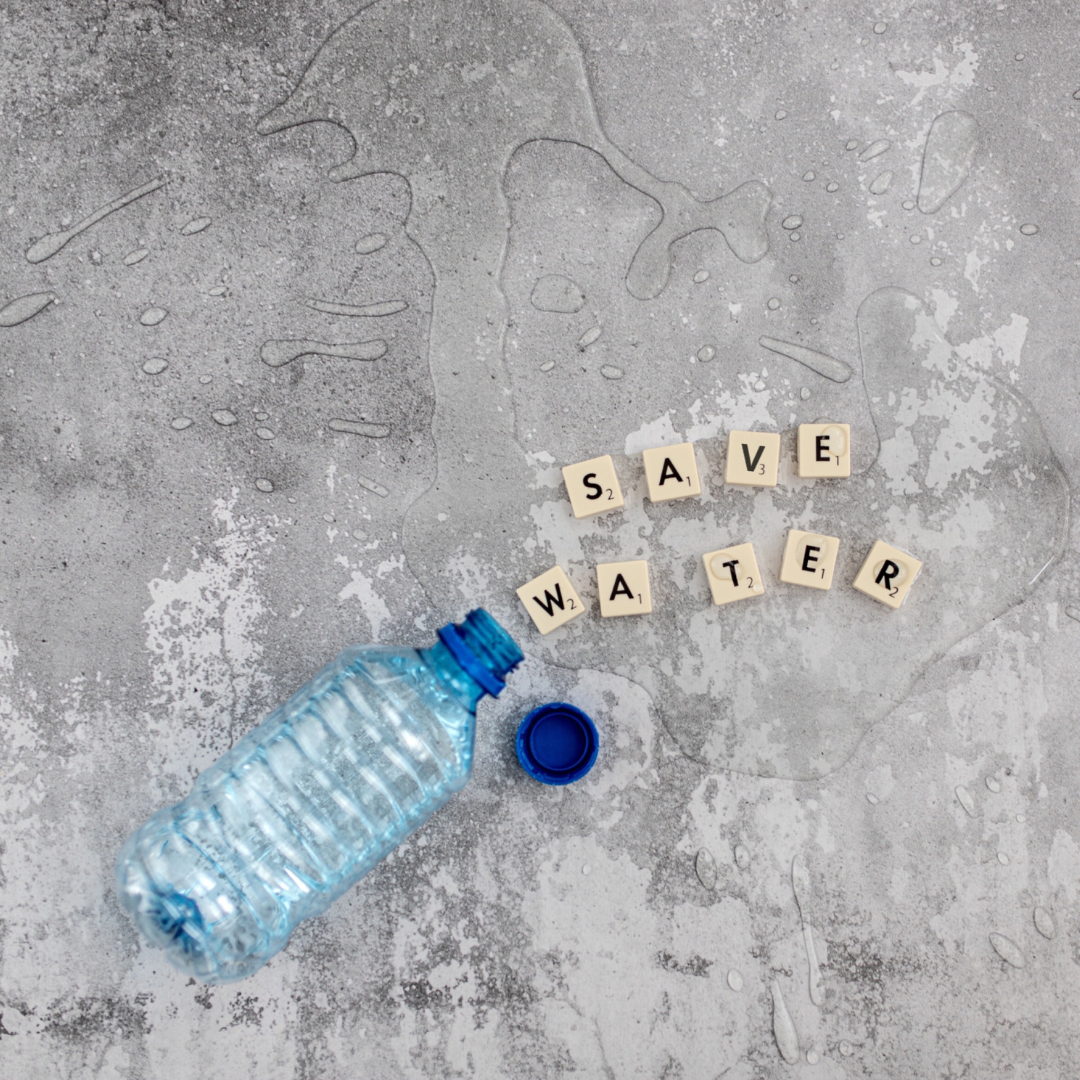
RÉDUCTION D'EAU
En utilisant des machines de teinture plus récentes et plus efficaces, nous utilisons 7 fois moins d'eau que la moyenne des fabricants de vêtements. Toute eau que nous utilisons passe par un système de filtration qui permet son recyclage.
SUSTAINABILITY REPORT ICONS
Now with each collection release, you can find the various sustainable methods we follow under the "Sustainability Report" tab of our product pages.
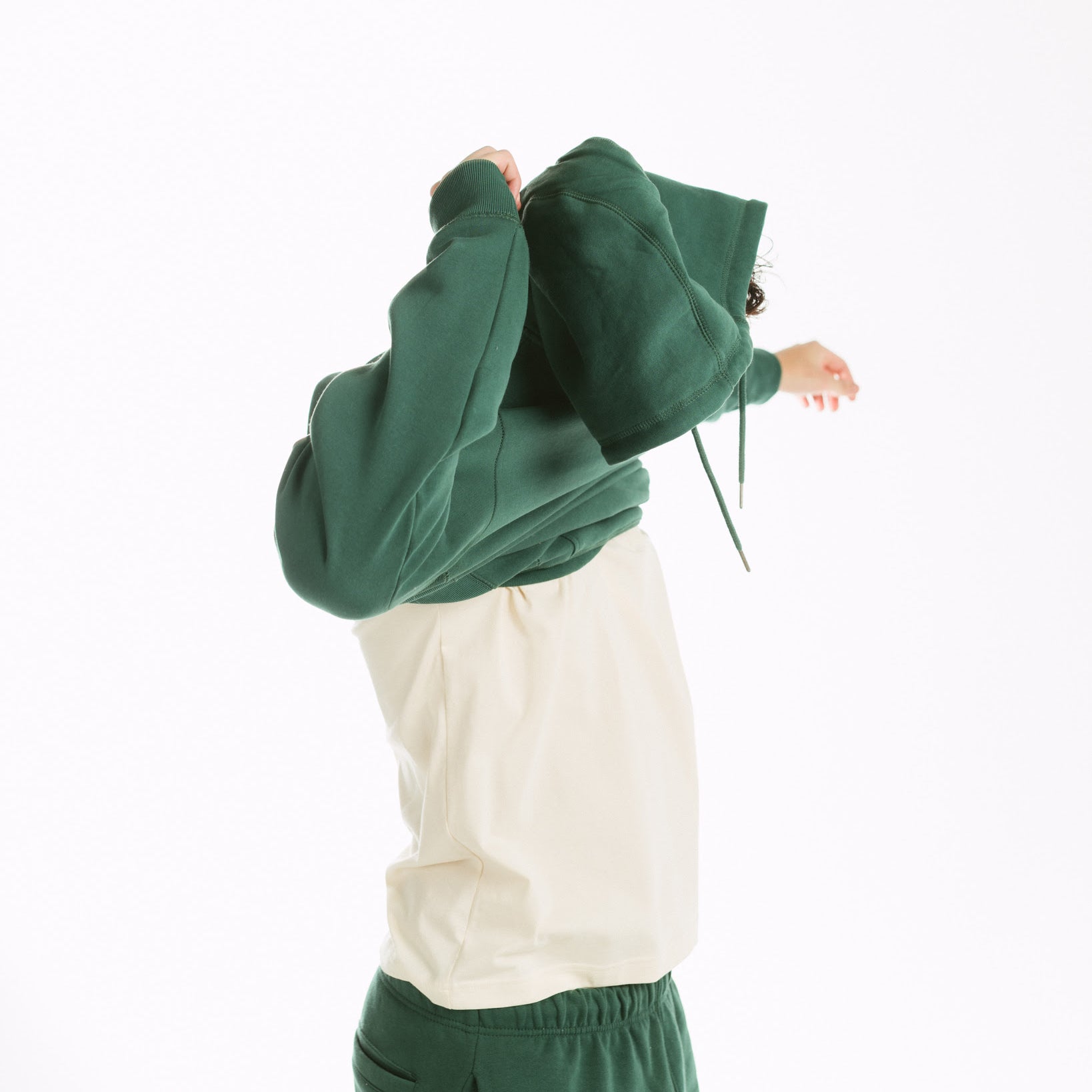
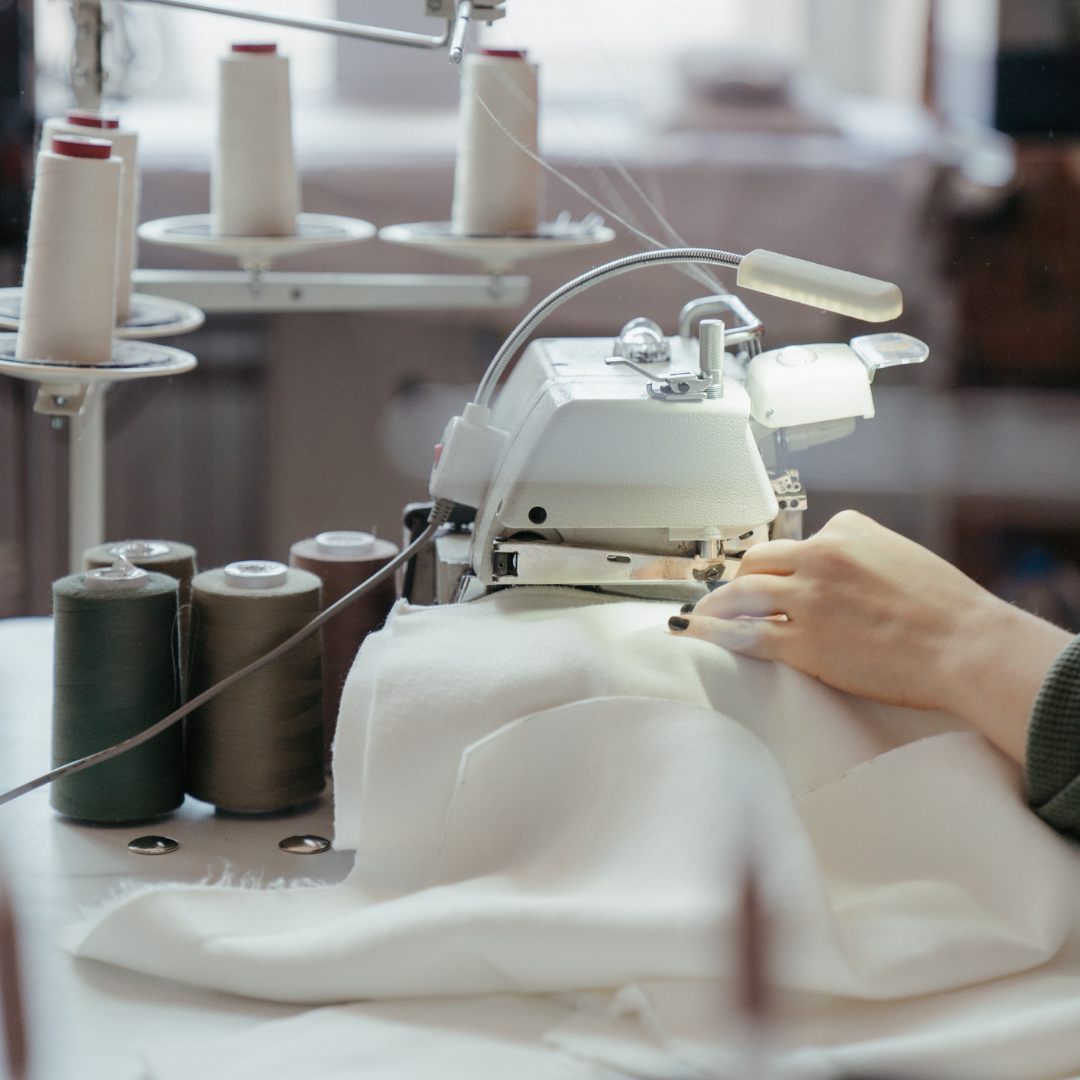
MATERIAL AND CARE
We make every effort to deliver the best clothes to you, but we know that this is just half the battle. Each garment is made with sustainable materials and requires certain care, including cleaning, storing, and caring for them. Please check our “materials and care” tab on our product pages or the fabric care label on all your clothes for clothing care tips to help you maintain them and ensure they last as long as they were designed to last.
NOS TISSUS
Un moyen important de réduire votre impact sur l’environnement est d’acheter des produits de qualité qui durent toute une vie. C'est pourquoi le choix du tissu est un élément important dans notre processus de conception. Nous utilisons des tissus biologiques, recyclés et à faible impact dans nos gammes. La liste ci-dessous explique les différents matériaux que nous utilisons.
ORGANIC COTTON
Organic cotton is grown without the use of harmful pesticides, which prevents soil erosion, reduces air pollution, and requires a lot less water and energy. Furthermore, we only source our organic cotton from GOTS-certified mills, which guarantees that it was produced and used in accordance with the strongest social and environmental standards.
Why organic cotton?
Conventionally grown cotton uses about a quarter of the world’s insecticides every year, making it one of the most toxic crops in the world. Some of these chemicals have been classified as carcinogenic to humans. When you buy organic cotton, you are investing in water conservation, cleaner air, better soil and healthier livelihoods.
NATURAL FIBER FABRICS
These fabrics are made from natural fibres like hemp and bamboo. These materials reduce the use of synthetic fabrics, which release microplastics into the environment.
Why Natural fiber fabrics?
Natural fiber fabrics have a wide range of advantages.These fabrics will biodegrade naturally if they are discarded because they are made of natural fibres. These fabrics are UV resistant and hypoallergenic, making it perfect for people with sensitive skin. It can be grown without the use of pesticides or fertilisers and grows rapidly without depleting the soil. Furthermore, these fabrics are typically dyed using eco-friendly, non-toxic dyes.
TENCEL™
Tencel™, also known as Lyocell, is a cellulose fiber made from the pulp of fast-growing trees, most commonly eucalyptus or beech trees. It is an excellent fabric for activewear because it is lightweight, cool to the touch, regulates body temperature, resists bacterial development, and has a moisture absorption capacity that is three times more than that of polyester or cotton.
WHY TENCEL?
Fabrics made with renewable wood fibers in sustainably managed forests have a lower environmental impact. Tencel uses a lot less water and energy during manufacture than cotton, and since it is so absorbent, it also uses a lot less dye than other textiles.
WOOL
Wool, a timeless material cherished in the world of fashion, offers a sustainable alternative without harming animals. Domesticated sheep naturally grow thick coats, which require regular shearing for their health and hygiene. This process not only supports animal welfare but also provides arenewable resource for textiles.
WHY WOOL?
From an environmental standpoint, wool boasts impressive credentials, requiring nearly 70% less water than cotton. Furthermore, it is 100% biodegradable, contributing to a circular economy. Its durability ensures longevity, making it ideal for crafting heirloom-quality garments and enduring outerwear pieces.
RECYCLED POLYESTER
Polyester is a synthetic material synthesized via a process called polymerization. Nearly half of the world’s clothing is made of polyester, the most widely used fiber in the apparel sector. Unfortunately, the Production of polyester is not an environmentally friendly process. It uses a lot of chemicals, water, and fossil fuels. The by-products and raw materials are hazardous, contaminate the water and air, and cause several health issues
WHY RECYCLED POLYESTER?
Unlike polyester, recycled polyester uses PET as the raw material. Recycled polyester gives you the same technical performance you get in virgin polyester, but its production requires 59 percent less energy compared to virgin polyester. It can be recycled again and again without significantly degrading in quality. Additionally, it diverts PET bottles from landfills and lessens soil, air, and water pollution.
RECYCLED NYLON
Nylon, another synthetic fiber widely used in the textile industry, shares environmental concerns similar to polyester's in its conventional production methods. Essentially, it is a type of plastic that is put through an intensive chemical process that uses a lot of chemicals, water, and fossil fuels, resulting in the strong and stretchy fibers that make it so useful for fitness wear and accessories. The uses of this versatile material are vast, from your dental floss and seatbelt to fishing nets and parachutes. The downside is that it is entirely non-biodegradable and will sit in landfills for hundreds of years. But the good news is It is plastic and can be recycled.
WHY RECYCLED NYLON
Recycled Nylon has the same advantages as recycled polyester: It is just as strong, elastic, lightweight, and moisture-wicking as virgin Nylon – making it perfect for activewear and active accessories. Plus, It diverts waste from landfills, and its production uses much fewer resources than virgin Nylon (including water, energy, and fossil fuel). A large part of the recycled Nylon produced comes from old fishing nets and industrial raw materials that are considered defective and would typically be discarded and thrown away. This is a great solution to divert garbage from the ocean. Recycling nylon is still more expensive than new Nylon but has many environmental advantages.
DEADSTOCK FABRICS
We use deadstock fabrics whenever we can. These fabrics are typically leftovers from factories or designers. They are usually discarded because the designer did not want them or because there was an excess. We buy verified old, leftover, and over-ordered fabric from fabric warehouses and other designers. This allows us to repurpose and divert these materials from the landfill.
Expédition
Matériel d'expédition
En matière de transport maritime, il est important de maintenir les choses aussi durables que possible. Nous utilisons des enveloppes en polyéthylène fabriquées avec 50 % de déchets post-consommation et 100 % de matériaux recyclés pour expédier les commandes. Les papiers de soie utilisés pour emballer les produits sont entièrement fabriqués à partir de déchets post-consommation et post-industriels afin qu'ils puissent être recyclés et décomposés naturellement. La carte de remerciement accompagnant chaque commande et les autocollants de fermeture en papier de soie sont entièrement fabriqués à partir de papier post-consommation.
neutre en carbone
Nous sommes neutres en carbone dès le premier jour. L’expédition d’articles dans le monde entier n’est pas l’option la plus respectueuse de l’environnement en raison des émissions de carbone produites. Cependant, grâce à notre partenariat avec Ecocart, nous pouvons calculer la quantité de carbone produite lorsque nous expédions une commande depuis notre entrepôt jusqu'à votre porte. Nous achetons des compensations carbone vérifiées et des crédits d'énergie renouvelable auprès d'Ecocart en votre nom pour rendre chaque expédition que nous livrons neutre en carbone.
nos usines
Nous réduisons notre impact environnemental en travaillant avec les meilleures usines éthiques du monde entier. Lorsqu'il s'agit de choisir où fabriquer nos produits, nous évaluons nos usines partenaires sur la base de salaires équitables, d'horaires de travail raisonnables, de conditions de travail et d'une vision commune de la responsabilité environnementale et sociale.
SMALL-BATCH PRODUCTION
You may have noticed that several brands frequently release new styles. New drops every week, monthly restocks, and a never-ending flood of new things are in your inbox and feed. For us, this is a red flag in any clothing brand that claims to be responsible, slow, or sustainable. With large-scale production, companies produce more clothing without knowing how well it would sell, generating more waste from those extra units and increasing emissions when transporting and flying huge shipments worldwide. We don't do that. We don't create seasonal collections; instead, we add new permanent items to our range. Since quality is a core value of our business, we put a lot of effort into ensuring that every batch of clothes we produce meets our standards. By choosing smaller production runs, we know what our customers exactly want, and we are able to sell through everything that we produce.
WRAP CERTIFIED
All of the factories in our supply chain are WRAP certified. WRAP (Worldwide Responsible Apparel Production) is an independent, non-profit organization dedicated to the certification of lawful, humane, and ethical manufacturing throughout the world. The objective of the Apparel Certification Program is to independently monitor and certify compliance with the following standards, ensuring that a given factory produces sewn goods under lawful, humane and ethical conditions.
1. Compliance with Laws & Workplace Regulations
2. Prohibition of Forced Labor
3. Prohibition of Child Labor
4. Prohibition of Harassment or Abuse
5. Compensation & Benefits
6. Hours of Work
7. Prohibition of Discrimination
8. Health and Safety
9. Freedom of Association & Collective Bargaining
10. Environment
11. Customs Compliance
12. Security
SOCIALLY RESPONSIBLE WORKING CONDITIONS
We strongly believe that having fair working conditions for those who produce our products is a crucial part of sustainable production. Our producers' WRAP certification ensures that employees producing our products have 8-hour workdays and are offered employee benefits such as transportation, insurance, health checks, food, child care, and maternity leave.
SWEATSHOP FREE MANUFACTURING
Labor abuse continues to exist today. Some facilities have unsafe working conditions and extended hours, many even have inadequate pay scales. Inhumane practices within the fashion industry still exist and need to be stopped. We are committed to the fair treatment of workers throughout our entire supply chain.
We are working with our global supply chain partners to create conditions so that:
1. No worker pays for their job.
2. Workers retain control of their travel documents and have full freedom of movement.
3. Every worker knows the basic terms of their employment before leaving home.
We certify that none of our cotton is sourced from China's Xinjiang Region, where there is evidence of the use of prison labor and situations of forced labor.















